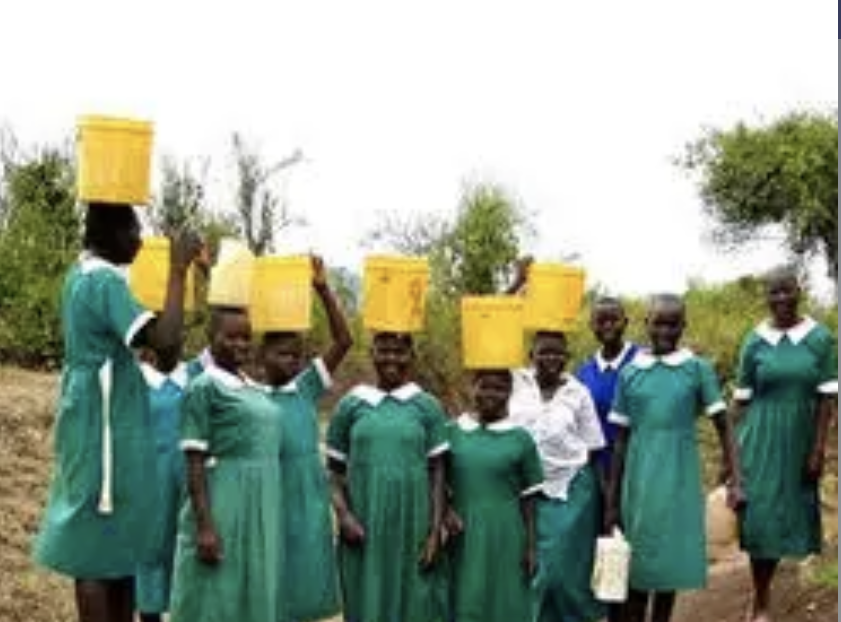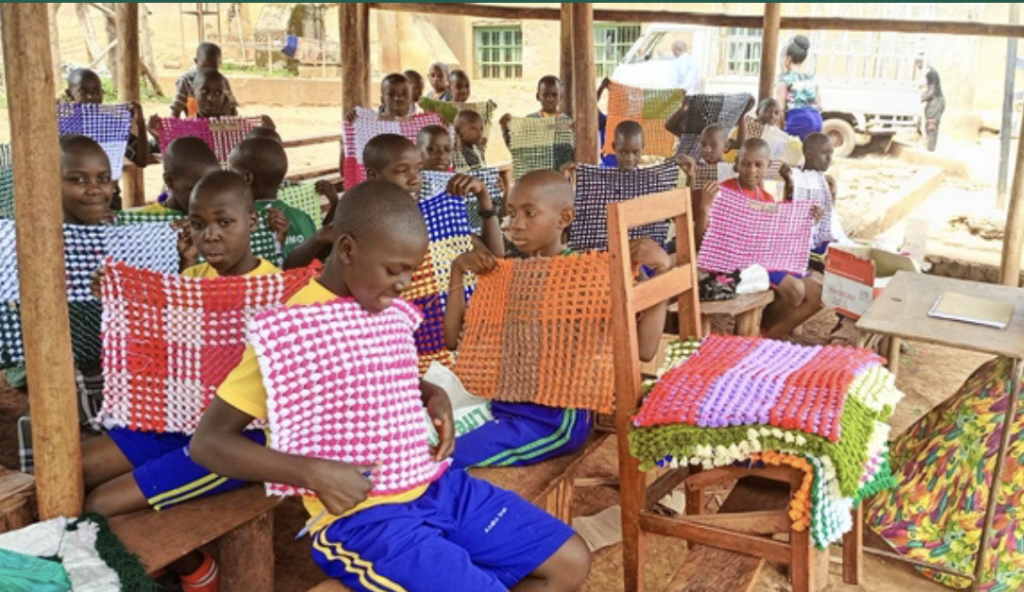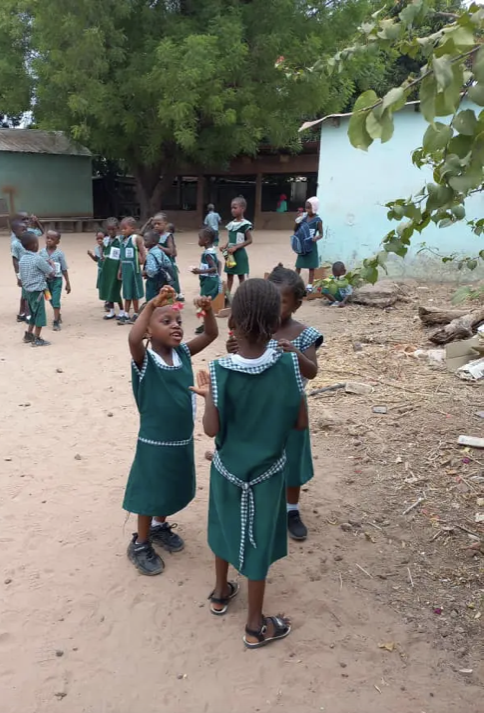News Update
Lunching with Purpose in Orange County: Financial Leaders Unite to Highlight Sister-led Solutions to Poverty
There’s nothing quite like a “Lunch with Purpose” to spark meaningful conversation, and that’s exactly what happened on Tuesday, September 16, when Garth Flint and Mike Skillman of Beacon Pointe, one of the nation’s largest Registered Investment Advisory firms specializing in financial and wealth management, hosted an inspiring luncheon for Sisters Rising Worldwide. Held at […]




